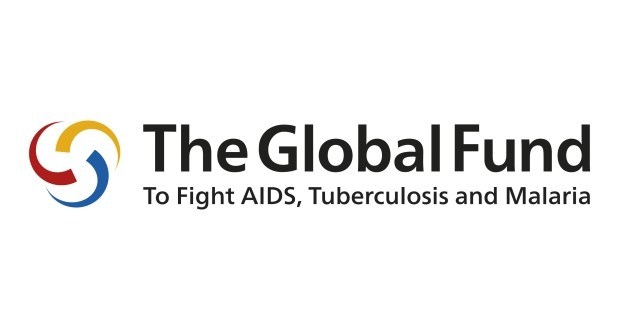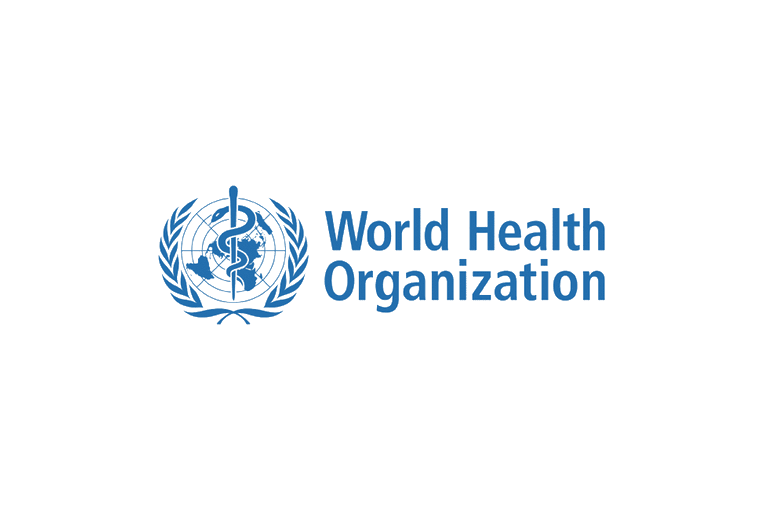PORTFOLIO
Our portfolio highlights the depth of our experience and the results of our work.
We have helped organizations develop strategic plans, implement project management and agile solutions, and improve change management processes in the following areas:
Our clients include



Strategic Visioning & Planning for a Global Humanitarian Organization
FPC was engaged by a major international humanitarian organization—with over 8,000 staff worldwide—to lead the full design and facilitation of its strategic vision and planning process for the 2026–2031 period. Drawing on deep knowledge of both the organization’s internal dynamics and the broader humanitarian landscape, we co-created a tailored, multi-phase process that is inclusive, grounded in existing commitments, and both aspirational and achievable. The approach was designed to ensure broad ownership, strategic clarity, and long-term relevance. This ongoing engagement is set to conclude by December 2025 and will result in a forward-looking, actionable strategy to guide the organization’s next chapter.

Transforming Ways of Working for a Global Humanitarian Organization
FPC partnered with a large international humanitarian organization of over 11,000 staff to support the full redesign of a key internal program focused on how teams work together across the organization. The initiative required a fresh, participatory development process grounded in input from diverse stakeholder groups across multiple regions. FPC supported the co-creation of this new approach, ensuring that it reflected the organization’s values while addressing meeting the desired requirements and operational realities. In parallel, we created and supported a structured implementation and change management process to ensure the successful rollout and long-term adoption of the new way of working.

Redesigning Collaborative Leadership for Greater Impact
A major international humanitarian organization partnered with FPC to strengthen its collaborative leadership approach and reimagine support structures within its global medical department. Through a highly participatory process involving senior leadership, technical experts, and coordination teams, we co-created a revitalized model that fosters shared leadership, accelerates decision-making, and amplifies programmatic impact. The resulting framework has been a cornerstone in driving internal reform and enhancing strategic alignment across the organization.

Evaluating and Strengthening Operational Support Structures
FPC was engaged by leading humanitarian organizations to conduct a comprehensive evaluation of their operational support systems — spanning regional hubs in Central America and Mexico, as well as Europe-based field support offices. Using interviews, document analysis, and comparative benchmarking, we assessed role clarity, structural efficiency, and collaboration dynamics. The resulting strategic recommendations provided a clear roadmap to improve accountability, streamline support functions, and strengthen governance across diverse operational settings.

Clarifying Roles and Strengthening Communication in Medical-Operational Support
A global medical humanitarian network partnered with FPC to improve collaboration between technical advisors and operational teams. Through stakeholder consultations and in-depth review of internal processes, we co-designed a clear communication framework and role definition model. The resulting structure formalized key functions, clarified lines of accountability, and reinforced coherence across support layers — helping reduce fragmentation and foster more effective, field-focused collaboration.

Mombasa Project Evaluation: Breaking down stigmas and barriers to care for the most vulnerable
FPC conducted an external evaluation assessing a health initiative targeting adolescents and vulnerable populations along Kenya’s coast. Commissioned by a humanitarian evaluation unit, the project aimed to measure effectiveness, relevance, reach, and impact. Using a mixed-methods approach—combining stakeholder interviews, community focus groups, and comprehensive desk review—we captured both operational realities and community perspectives. Fieldwork provided critical insights into implementation dynamics and partnership models, generating actionable recommendations to guide strategic planning and inform the next phase of programming within a shifting funding environment.

Strengthening Telemedicine Case Management in Humanitarian Settings
FPC partnered with a humanitarian medical organization to optimize its telemedicine program supporting field teams with complex clinical decision-making. Over several months, we delivered targeted technical consultation to streamline workflows, enhance case management processes, and clarify clinical support pathways. The resulting model improved the program’s responsiveness, strengthened remote care delivery, and enabled more efficient use of specialized medical expertise across diverse humanitarian contexts.

Strategic Implementation of a Digital Scientific Collaboration Platform
A global humanitarian network enlisted FPC to guide the strategic rollout of a digital platform designed to enhance knowledge exchange and scientific collaboration across its research and medical teams. We played a key role in shaping the platform’s design and early-stage implementation, aligning it with institutional priorities and driving stakeholder engagement. The platform now serves as a central hub for evidence-based dialogue, fostering cross-team learning and strengthening the integration of research into operational practice across multiple centers.

Global Training Program for Chronic Care in Humanitarian Contexts
A global humanitarian health platform engaged FPC to design and coordinate an international training program focused on chronic care management in low-resource and crisis-affected settings. The program aimed to equip field teams with practical tools and knowledge to address long-term patient needs across diverse operational contexts. I led the development of training content, facilitated cross-regional collaboration, and supported the rollout of a modular learning approach tailored to both clinical and programmatic audiences. The initiative contributed to stronger capacity for integrated chronic care delivery in humanitarian programs.

Advancing Community-Based Cholera Response Strategies
In collaboration with a global health coordination platform focused on epidemic control, FPC supported the development of integrated, community-level strategies to decentralize cholera treatment. This work aimed to increase access to care in underserved areas and improve outbreak responsiveness. Through technical guidance, strategic framing, and contributions to global knowledge-sharing efforts, the initiative highlighted the role of local actors and simplified treatment approaches in improving health outcomes during cholera emergencies.

Strategic Oversight and Technical Guidance for Global HIV Funding
Since early 2023, FPC’s Laura has held a key governance role as an expert reviewer and HIV focal point within an international funding mechanism addressing HIV, tuberculosis, and malaria. Her contributions include technical review and quality assurance of funding proposals, strategic mentorship to peers, and alignment of HIV approaches with evolving global guidance. In addition to shaping HIV funding strategies, she supports internal governance processes and partner engagement, ensuring that resources are effectively targeted to the needs of key populations and national priorities.

Senior Public Health Advisor – LGBTQI+ Inclusion in Humanitarian Health
FPC provided senior technical leadership to a global initiative aimed at reducing barriers to dignified, inclusive healthcare for LGBTQI+ individuals within humanitarian contexts. Working with a major international health organization, we supported the development of inclusive medical guidelines, care models, and protocols that reflect best practices and cultural sensitivity. In addition to technical guidance, the role involved strategic advocacy and capacity-building to promote organizational acceptance and advance equitable service delivery for LGBTQI+ communities across diverse operational settings.

